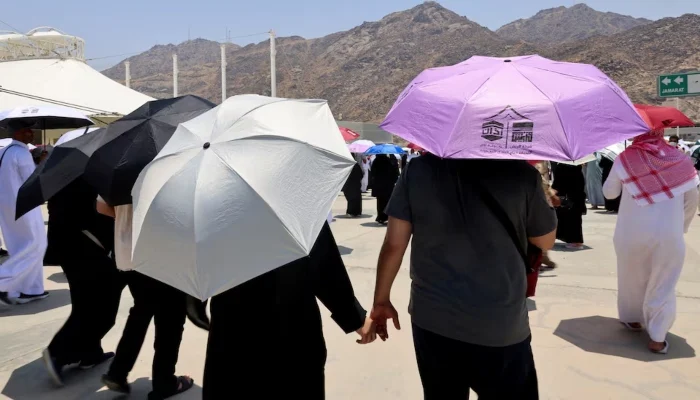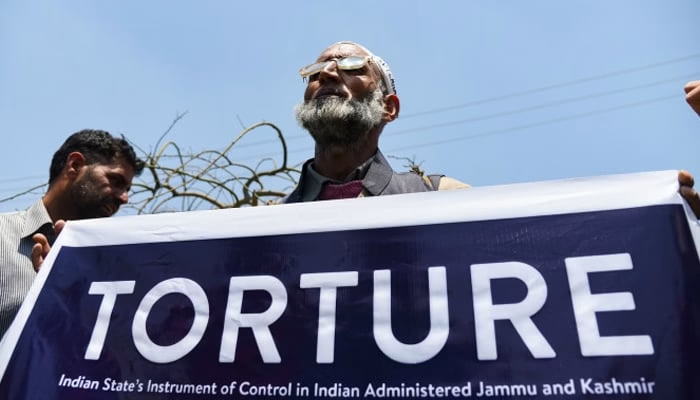The Washington Post has made a claim in its Karachi (News Desk) report that Russia is assisting Iran in developing a fleet of 6,000 drones. The report cites a confidential document which outlined details of the drone development plan. Russian engineers are said to be working on creating high-quality drones, and just last month, Russia purchased drones from Iran, which are currently being used in the Ukrainian conflict.
The objective behind Russia’s drone program is to have a complete fleet of 6,000 drones ready by 2025. The report suggests that if this ambitious project succeeds, it could provide Russia with an advantage in reducing its reliance on conventional weaponry. Additionally, this initiative could potentially help Russia regain control over areas under Ukrainian influence and further establish Moscow’s dominance in the drone arms race.
The alleged partnership with Iran holds significant implications. Not only does it allow Russia to acquire advanced drone technology, but it also opens the possibility of Tehran benefiting from Moscow’s expertise in military technology. This collaboration could potentially reshape the dynamics of regional power, especially in areas of conflict.
The development of such a substantial drone fleet indicates a strategic move by Russia to modernize its military capabilities. Drones have emerged as essential tools in modern warfare, offering reconnaissance, surveillance, and even offensive capabilities. By harnessing drone technology, Russia could significantly enhance its military prowess and gain a competitive edge on the global stage.
However, the credibility of this report must be evaluated carefully. Claims of covert military partnerships and ambitious drone development plans require thorough verification due to their sensitive nature. The impact of such developments, if accurate, would not only affect the region’s security landscape but also potentially trigger responses from other global players concerned about the evolving power dynamics.
In conclusion, the alleged collaboration between Russia and Iran for the development of 6,000 drones carries profound geopolitical implications. If successful, this initiative could reshape military strategies, regional power dynamics, and potentially tip the balance of power in favor of Moscow. Nevertheless, given the sensitivity of such claims, rigorous fact-checking and analysis are essential to ascertain the accuracy of the reported information.



